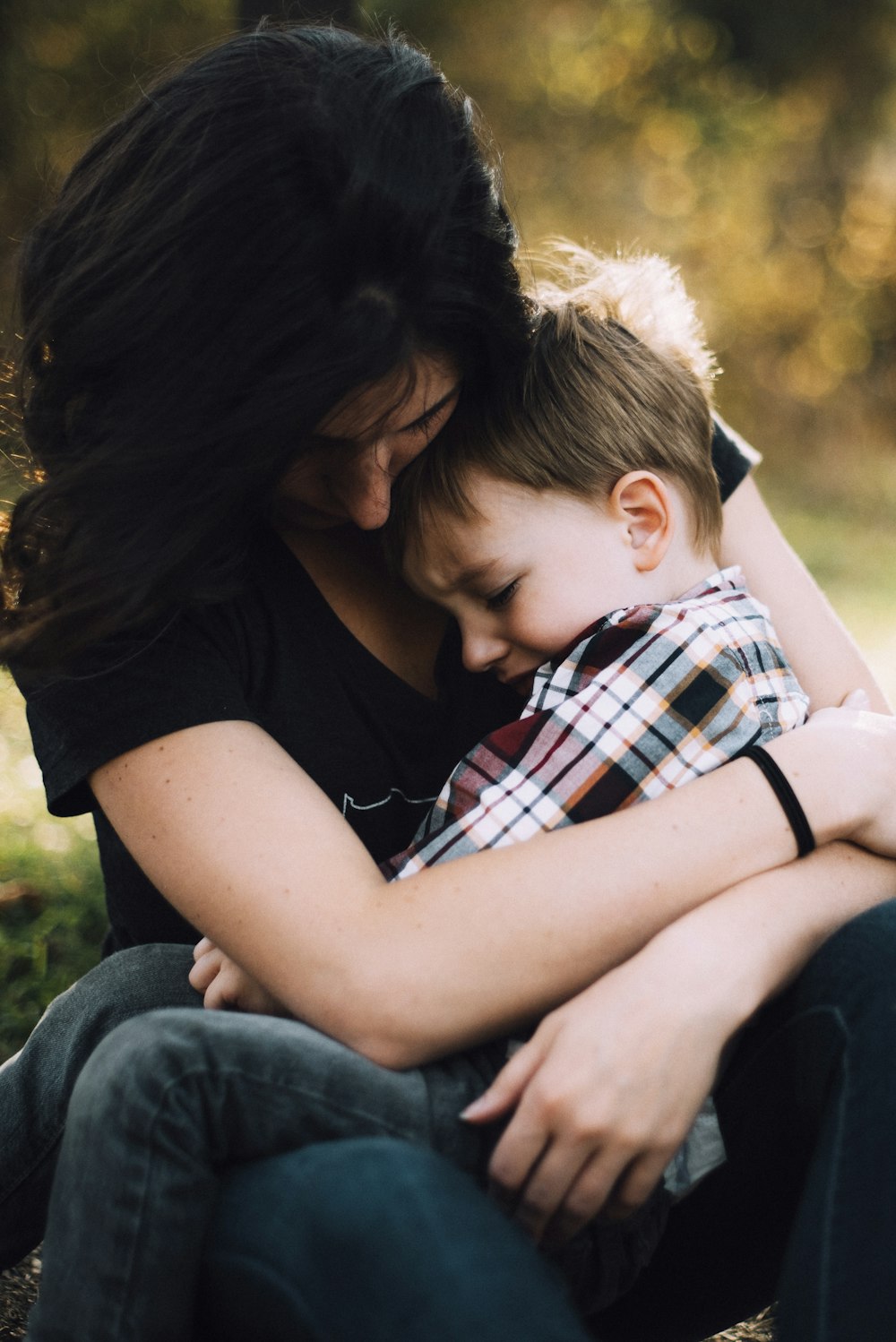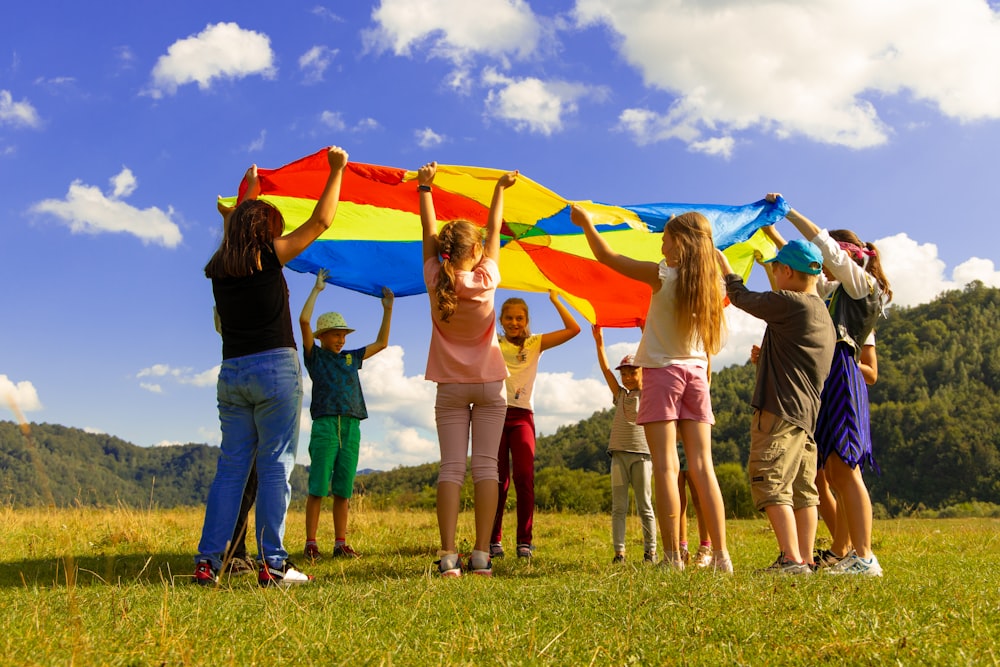Missoula counselors are always working to help parents teach self-regulation to their kids. This is because we know, as parents, we want our children to be able to regulate their emotions, behavior, and reactions. We strive to provide the best environment for our little ones so they can learn the skills they need in order to succeed. Teaching self-regulation and coping skills to toddlers and preschoolers is essential for their social-emotional development.
Instead of saying “I am here to punish them when they are bad,” it is important that you come from the perspective of “I am here to teach them how to self-regulate”. This is so they can be healthy humans!
And if you have had a hard time self-regulating in your life, think about how important it is that your child now learns to do what you never had the opportunity to do! In other words, the generational-buck stops here, and you have the opportunity to make kids who know how to self-regulate their emotions without turning to all these temptations that are all around us.
So here are a few tips on how to help our kids self-regulate.
Dance
I put this as #1 because this is how we roll. God, it hurts to dance when you don’t want to do it. But this is why it’s so great!
We have one of those “Hey Googles” and so we say “Hey Google, put on such and such a song.” Something that really rocks that the kids like, too.
And we all dance together. Yep, this is how we “work it out”. Lots of dancing, lots of hugging while dancing, lots of laughing until we are all “back to normal”.
Exercise gets the endorphins going and works off that excess energy. One or two songs pretty much always does the trick.
Sometimes the little one won’t want to get into it so you really just kinda sorta just grab their little arms, there, and start dancing with them. Cowboy dancing, hip hop, you name it. And get going like you’re at a rock concert. Oh yeah. Now we’re talking.
But this is just one tool. There are a lot more.
Create a Safe Space
Creating a safe space is key in helping young children learn self-regulation. This means providing an area where your child feels comfortable expressing themselves without feeling judged or shamed. This could be a corner of the room with some pillows, blankets, or stuffed animals that your child can go to when he or she needs a break from whatever activity is happening in the rest of the house. When creating this space, make sure it’s stocked with comforting items like books, games, toys, coloring supplies—whatever helps your child feel comfortable and relaxed when they go there.
One of the safe space for our little one is actually the big bath tub. We have a ton of toys in there! The warm water puts him into “parasympathetic mode” – which means he slows down, gets calm, and relaxes.
Model Good Behavior
Children learn by example—so modeling good behavior is one of the most important things you can do as a parent. Whenever possible, try to take time out of your day for mindfulness activities such as yoga or deep breathing exercises. Showing that you are taking time out of your day to practice self-care will teach your child valuable lessons about how important it is for everyone to take care of themselves.
“Okay! Time for a 5 minute break!” or “Free time!” or “Time for a quick power nap!” is the way to go. Then you can even lay down together and close your eyes. Who knows? Maybe they will actually fall asleep? Yeah right!
It doesn’t matter, as learn as they learn to shut off the mental noise for even 5 minutes!
Lots of Hugs and Holding
This goes a long way!
Practice Empathy
It’s important for children to understand that it’s ok to feel upset sometimes—and that those feelings should not be suppressed but rather expressed in an appropriate way. Practicing empathy with your child will help them learn how to regulate their emotions without bottling them up inside themselves.
Acknowledge their feelings by saying something like “I know you’re feeling frustrated right now…” and then suggest ways they can express those feelings constructively such as talking it out or writing down their thoughts in a journal. Encouraging open communication between you and your child will help build trust between you both while also teaching them healthy coping strategies that they can use when needed.
Know the Problem
Usually the revved up child is really either tired or hungry or lonely. They might just need attention! Other times they might be sensory seeking and just need some warmth like a good old space heater, warm bath, or a nap.
Patience
Remember they are only like, 3 years old! Their mental skills are in the realm of CocoMelon still. So while to you, everything makes sense, they are seeing the world through a different lense. So practice patience! Just closing your eyes and taking a deep breath will do wonders – and hopefully they will see you doing this as well!
Encourage Problem Solving
Encouraging problem solving is another great way to teach toddlers and preschoolers self-regulation and coping skills. By providing guidance and support, you can help your child work through problems on their own rather than relying on adults for help. This not only teaches them valuable problem-solving skills, but it also boosts their confidence as they learn that they have the ability to solve issues independently.
In fact, at our house, we often try and not help our kids with something they can do by themselves. This teaches them how to practice their logic skills and gives them that empowerment of “figuring it out”!
Self-Talk
Self-talk is an essential skill for toddlers and preschoolers when it comes to managing their emotions. Teaching them how to talk themselves through tough situations can go a long way towards helping them regulate their feelings instead of reacting impulsively or becoming overwhelmed.
You can encourage this by modeling self-talk yourself or using simple phrases such as “Take a deep breath” or “Count backwards from five” when your child is faced with a challenging situation.
If you are taking time to deep breath and relax like a yogi, so will they!
Change Their Tone
Going from yelling and screaming to whispering is a big deal. “Hey, can we change our tone? Let’s speak softer. Shhh. That’s good. Whisper!”
This will help so that everyone doesn’t get too triggered. Sometimes wearing earplugs during a session with the little ones can really help if you’re sensitive to screaming.
Set Limits with Kindness
It is important for children of all ages (especially toddlers and preschoolers) to understand rules and boundaries. Setting limits teaches children about expectations, responsibility, and appropriate behavior. However, it’s important not to be too strict; communicate expectations clearly but kindly so that your child feels supported rather than punished. Make sure you explain why certain behaviors are not acceptable—this will help your child understand the consequences of their actions while also knowing that you care about them as an individual.
Create Structure
Creating structure in your home environment can also be incredibly helpful when it comes to teaching self-regulation and coping skills. Having consistent routines helps children understand what is expected of them and reinforces the idea that they are capable of meeting those expectations independently without relying on adults for assistance. It also allows children time away from overwhelming situations so that they can take a break if needed in order to better manage their feelings before reacting impulsively or succumbing to negative behaviors.
Distraction Central
Just as it sounds, play that game. Go for that walk and run them around. Set up some bed spring cushions and let them jump all over the place.
Do what they love the most.
Conclusion
Helping children learn self-regulation and coping skills early on will set them up for success later in life! By creating a safe space for children, modeling good behavior yourself, and practicing empathy with them whenever possible—you can equip them with the tools they need in order to effectively manage their emotions throughout life’s ups and downs!
If you ever find yourself struggling with teaching these things—don’t hesitate to reach out for support from other parents or even professionals, like at Sunflower Counseling, who specialize in this sort of thing!
John Michaels is a local Missoula author who graduated from Brown University in creative writing. When he isn’t with his family, raising kids, he spends his time meandering around downtown Missoula, writing screenplays, doing cryotherapy, and playing chess.



